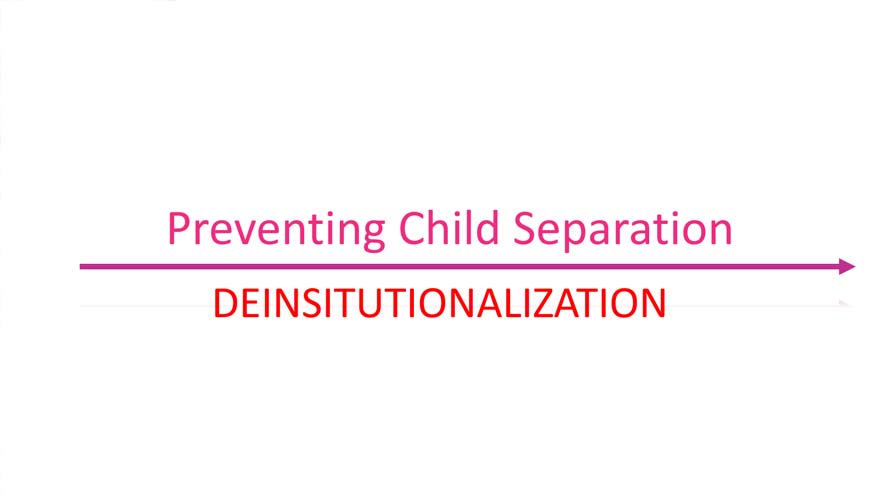
Alternative Child Care and Deinstitutionalisation

The European Commission Directorate-General for International Cooperation and Development (DG DEVCO) commissioned SOS Children’s Villages International to undertake case studies of arrangements for ‘alternative child care’ in six non-European countries across three continents to help inform the EU’s future strategy for provision of support for children in countries outside Europe.
Many millions of children around the world live in residential institutions where they lack individual care and a suitable environment in which to fulfil their potential. Increased awareness of the considerable risks these children face in terms of negative social, cognitive and physical developmenthas prompted ongoing international debate and guidance on deinstitutionalisation and development of policy and practice that gradually eliminates the use of such harmful alternative care practices.
Investing for children’s ‘best interests’ is a priority for the EU and protecting and promoting child rights is at the heart of EU external action. The EU considers that deinstitutionalisation of children through prevention of family separation and encouragement of suitable family-type alternative care solutions is a case of social investment for the best interests of the child. It has therefore invested in deinstitutionalisation in specific geographical areas.
The countries selected for study were: Chile and Ecuador in South America; Nepal and Indonesia in Asia; Nigeria and Uganda in Africa. SOS Children’s Villages International engaged the services of researchers from CELCIS, based at the University of Strathclyde, Glasgow to assist in compiling the case studies.
This report, a case study of Nepal, was compiled by a combination of a desk exercise that involved reviewing documents sourced by both a literature search and received from contacts in Nepal, and by conducting interviews with key informants during a field visit that took place in September 2016.
Feedback and Comment